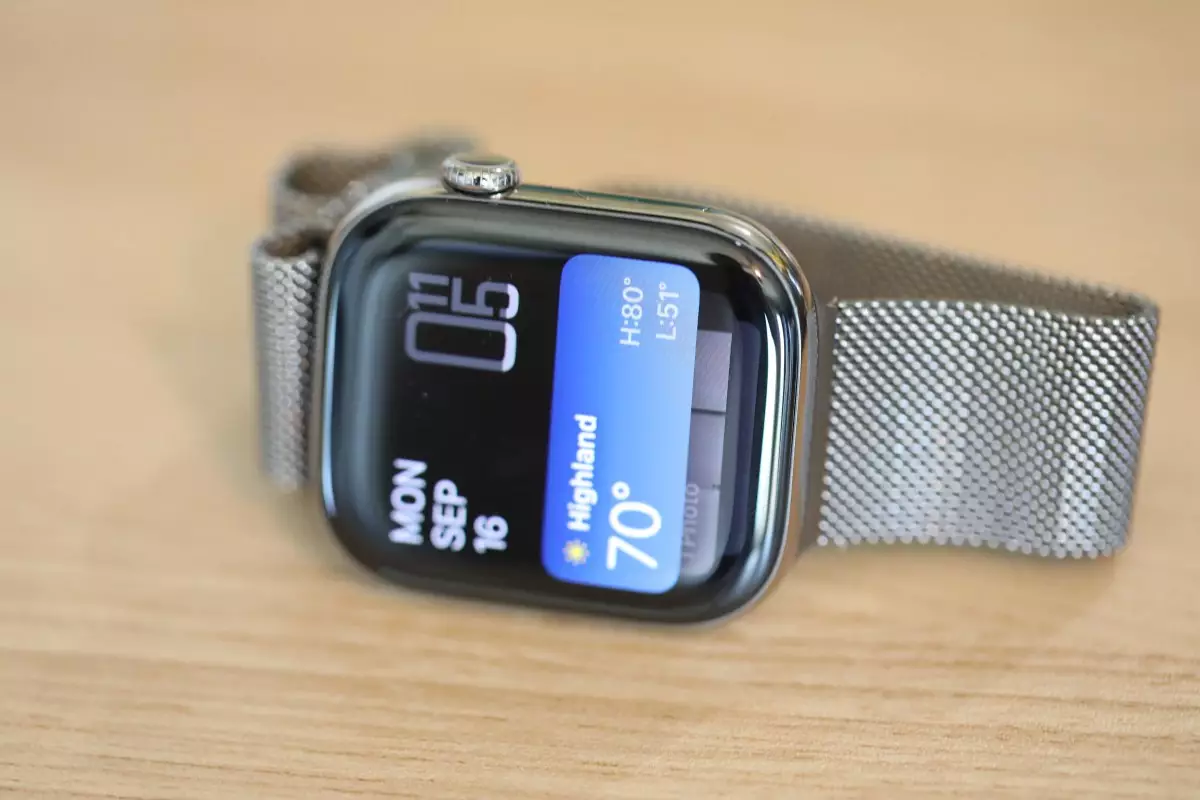Intellectual property law serves as the backbone of innovation, enabling companies to safeguard their creations from unauthorized use. Within this context, the recent ruling by a federal jury that determined Masimo smartwatches infringed upon Apple’s design patents is particularly noteworthy. However, the ruling also illustrates the complicated nature of patent litigation, especially when financial outcomes fall short of expectations. In this case, despite finding in favor of Apple, the jury awarded only the statutory minimum of $250. This raises questions about the motivations behind Apple’s legal strategy, which seemed less focused on monetary gain and more on the desire to assert its dominance in design.
The jury’s determination that Masimo had willfully infringed on Apple’s patents adds a layer of seriousness to the verdict. Willful infringement signifies a conscious or reckless disregard for the patent holder’s rights, which can result in more severe penalties in other jurisdictions, though it did not lead to a significant financial reward in this instance. Apple’s attorney, John Desmarais, emphasized the importance of protecting design integrity rather than monetary compensation. This highlights a critical aspect of patent law: the prevalent belief among technology companies that their design innovations need to be aggressively defended to maintain market leadership.
Masimo’s response to the ruling reveals its strategic positioning within the wearable technology market. The company emphasized that the jury’s findings concerning infringements only pertained to a discontinued module and charger, thus branding the verdict as a limited victory for Apple. By focusing on the relevance of current product lines, Masimo successfully deflected potential long-term implications of the ruling, showcasing its resilience against claims of infringement. This serves as a reminder that in the tech industry, the landscape is constantly evolving, and companies often need to innovate and adapt swiftly to maintain their foothold.
The Apple vs. Masimo case underlines a trend in the technology sector where companies continuously engage in legal battles over patent rights. These disputes can be lengthy and expensive, distorting the focus away from innovation as firms allocate resources toward legal defenses instead of product development. The underlying causes of such tensions often stem from the rapid advancements in technology and the difficulty in navigating the existing patent landscape. As we move forward, it raises pertinent questions: Should tech companies invest more in collaboration than competition?
The recent ruling involving Apple and Masimo does more than reinforce the complexities inherent in patent law; it also reflects broader industry dynamics. The nominal financial settlement signals that legal victories alone do not equate to success unless they result in meaningful changes in the market. Continuing to innovate while maintaining respect for intellectual property rights will be essential for companies hoping to thrive in an increasingly competitive landscape. The implications of this case will likely ripple into future patent negotiations, underscoring the ongoing need for clarity and fairness in the complex world of technology and intellectual property.

